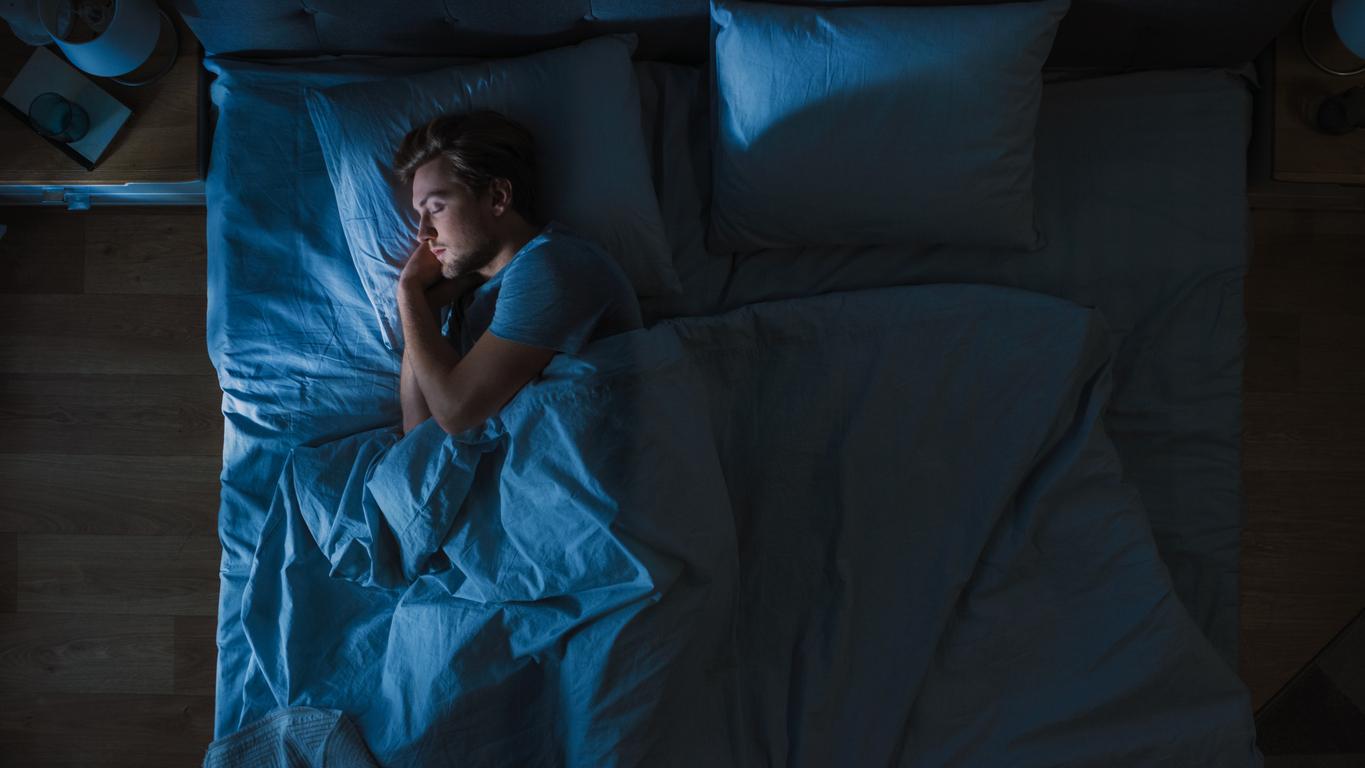Toddlers who spend time in front of screens sleep less and fall asleep less quickly, according to the results of a study published in the medical journal Reports. For every additional hour spent in front of a touchscreen phone or tablet during the day, children between the ages of six months and three years sleep almost 16 minutes less over a 24-hour period.
Researchers at the University of London in the UK conducted a study with the parents of 715 toddlers. They were asked to report their offspring’s daytime and nighttime sleep time, how quickly their children fell asleep, and how often they woke up during the night. The time spent in front of the touch screens was monitored.
The results of the study showed that the majority (¾) of toddlers used a tablet or phone touchscreen every day. For children two to three years old, this percentage jumped to 92%. On average, the devices were used 25 minutes per day.
Not only is screen time associated with reduced sleep time, it has also been associated with a longer sleep phase. In contrast, the quality of sleep does not seem to change.
Read also :Child health: pay attention to the duration of sleep
The right rules for screens
In France, the Academy of Sciences has published recommendations details of the correct use of the screens according to the age of the children. The essential information for the proper use of tablets and other screens is to limit the time spent in front of them and to use them in an educational way. Indeed, the Academy recalls that “before the age of 2 years, visual and tactile tablets can contribute to the early cognitive awakening of the baby provided they are helped by parents, grandparents or older children of family. And between 2 and 6 years old, children must learn to distinguish the real and the virtual by playing alternately with the two ”.
Read also:
Baby sleep: how to teach him to sleep on his own
Baby sleep: the importance of good habits
Babies: lack of sleep makes them fat


















